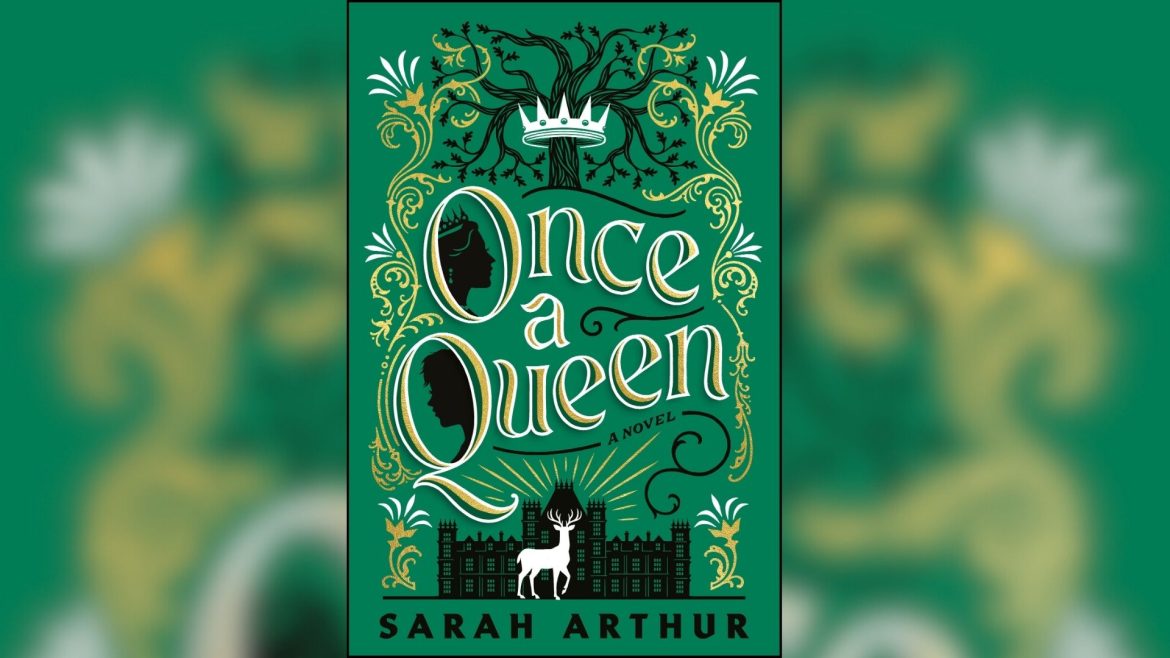The cover of the book “Once a Queen” by Sarah Arthur is shown. The book was a strange compilation of genuinely beautiful language and dishwater-dull storytelling. “It’s unlikely that anyone who has taken Algebra 2 will be particularly enthralled by the story,” News Staffer Violet Cantarella wrote. Photo fair use of Goodreads.com
Sarah Arthur’s novel “Once a Queen” was released Jan. 31 and was a strange compilation of genuinely beautiful language and dishwater-dull storytelling.
Sarah Arthur’s novel “Once a Queen” was released Jan. 31 and was flatter than the paper it was printed on.
When main character Eva Joyce goes to visit her grandmother in the English countryside, she is entranced by the family manor and all of the secrets it holds. A whimsical mystery unfolds as Eva’s childhood fairytales turn out to be more than just stories. Unfortunately, the story’s homages to classic children’s fantasy border on copy-and-paste.
Readers who grew up on the “Land of Stories” and “The Chronicles of Narnia” series, and also happen to be nine years old, will probably like “Once a Queen”. Despite the book’s “Young Adult” rating, it’s unlikely that anyone who has taken Algebra II will be particularly enthralled by the story.
Readers who grew up on the “Land of Stories” and “The Chronicles of Narnia” series, and also happen to be nine years old, will probably like “Once a Queen”. Despite the book’s “Young Adult” rating, it’s unlikely that anyone who has taken Algebra II will be particularly enthralled by the story.
In a word: cute, in two: done before. It’s not that there’s anything wrong with finding portals to other worlds in old houses. However, if the reader is expecting a new twist on the trope they are going to be extremely disappointed.
The pace would have trouble keeping up with a limping snail, and the writing style is also jarringly uneven. Striking metaphors share the page with elementary-level sentences, and deep reflections crowd next to overused descriptions — there’s only so many times something can be described as “caustic” before it gets predictable.
In conclusion: feel free to move past this book if you see it on the shelf.
